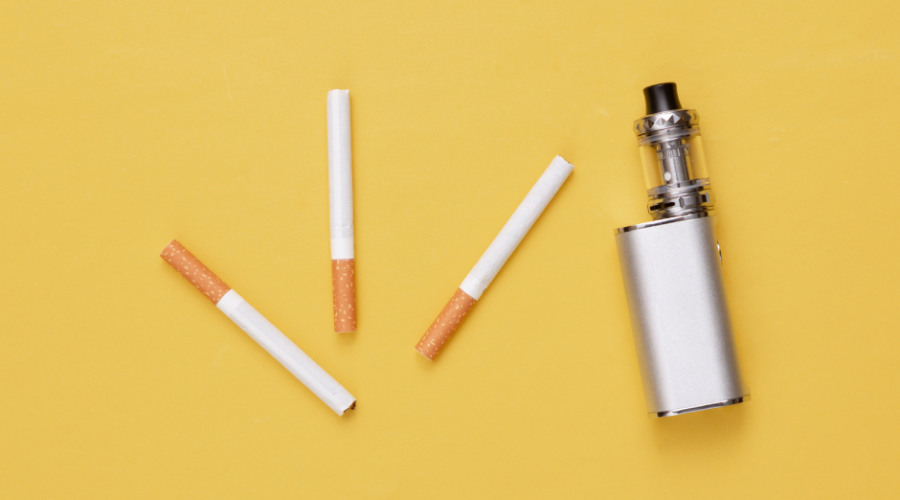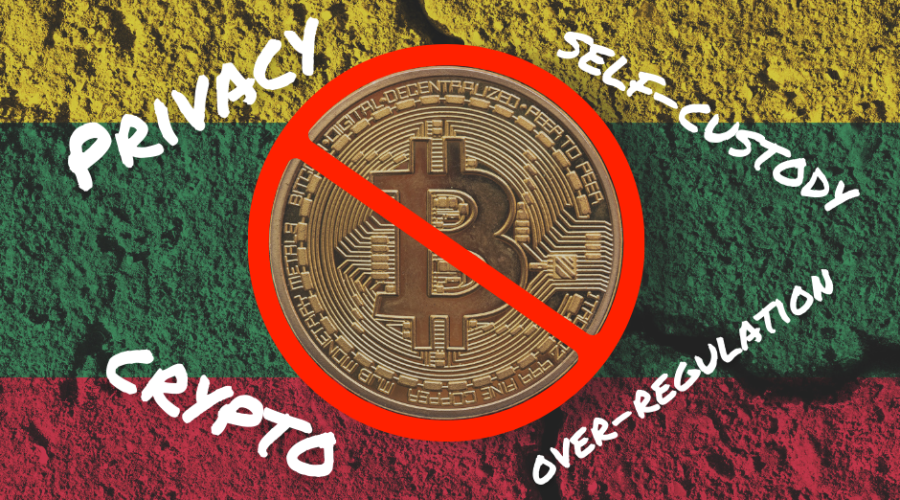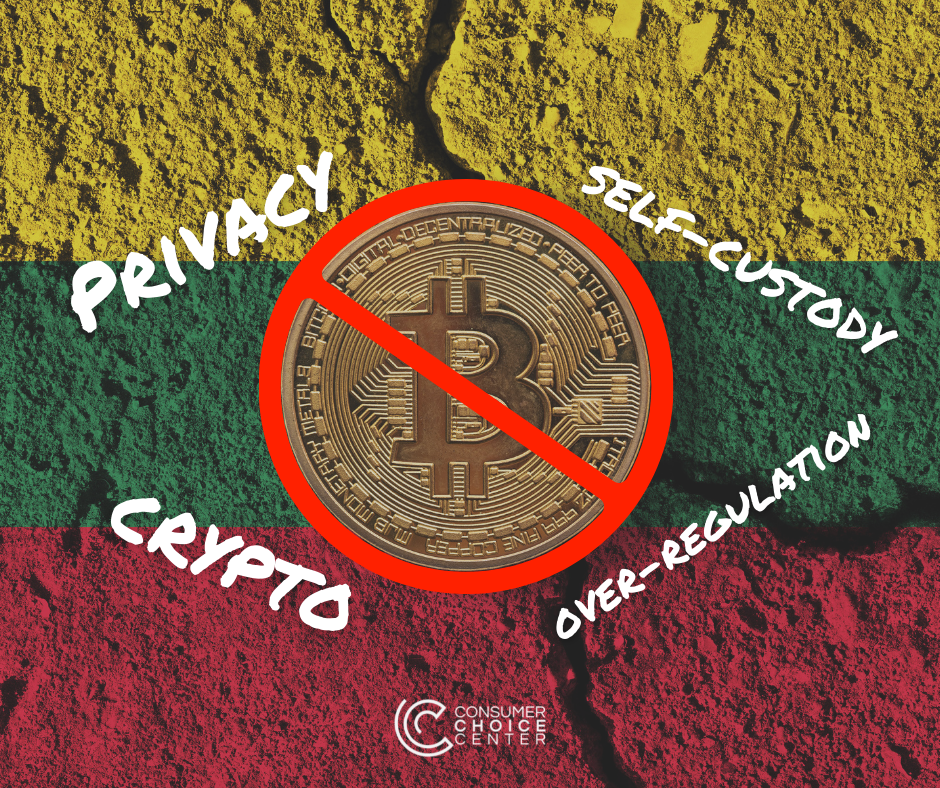Consumer group says TRIPS deal sets a dangerous precedent for the future of prosperity
GEVENA, Switzerland — Last night, the World Trade Organisation (WTO) agreed to waive patents on COVID-19 vaccines, known as the Trade-Related Aspects of Intellectual Property Rights (TRIPS) flexibility. The historic decision had been in the making for over two years, with developing countries putting enormous pressure on the WTO and its members to strike a deal. The United Kingdom, once fervently opposed to the TRIPS waiver, was among the last countries to drop its opposition.
Under the agreed deal, third-party suppliers will be allowed to produce COVID-19 vaccines without seeking the consent of the patent owner.
In response, the Consumer Choice Center (CCC), a global consumer advocacy group, criticised the deal, stressing that the TRIPS flexibility represented a significant blow to the future of innovation and prosperity globally. The TRIPS waiver threatens the safety of consumers in the developing world, as vaccines will likely be produced without any respect for the high standards, set by patent owners.
“There is a sense that some countries and people at the WTO put the deal on TRIPS at the core of their legacy. Instead of bettering the world and increasing COVID-19 protection, the move will be remembered as a grave mistake that threw our prosperity under the bus. We must do everything we can to prevent further waivers,” said Fred Roeder, managing director at the Consumer Choice Center.
Maria Chaplia, research manager at the Consumer Choice Center, said: “While the TRIPS waiver seems like a quick fix, the consequences of such a move will be dire. We have too many challenges ahead of us, and millions in Europe and beyond still await life-saving Alzheimer’s, Cystic Fibrosis, Diabetes, or HIV/AIDS treatment. The risk of more patent waivers being introduced in the future reduces the incentive to innovate across the board.”
“There is no guarantee that generic vaccines will increase the vaccination rates in developing countries, considering high rates of vaccine hesitancy in Africa, Malaysia, Myanmar, Philippines, Thailand, and Vietnam, to name a few. Trading the future of the planet and next generations for a few million unsafe vaccines, which people in developing countries might refuse to take, doesn’t seem like a fair calculus,” concluded Chaplia.
***CCC Research Manager Maria Chaplia is available to speak with accredited media on consumer regulations and consumer choice issues. Please send media inquiries to maria@consumerchoicecenter.org***
The CCC represents consumers in over 100 countries across the globe. We closely monitor regulatory trends in Ottawa, Washington, Brussels, Geneva and other hotspots of regulation and inform and activate consumers to fight for #ConsumerChoice. Learn more at consumerchoicecenter.org.










